AI and the Global North/South Divide
AI can bring benefits globally, but it is energy intensive and, combined with existing inequalities in infrastructure, could reinforce power imbalances. Here, researcher in people environment studies and behavioural modelling, Antonio Ballesteros-Figueroa, reflects on this and on the need for increased participation of local communities in how AI is produced.
Beyond Human-Centered AI: An Indigenous Framework for Planetary Futures
Technology entrepreneur and creative leader, Suhair Khan, explores the concept of Indigenous knowledge in relation to AI and planetary futures, and outlines why she agrees with National Geographic Explorer Keolu Fox that the key to harnessing the technology of tomorrow is centering traditions of the past and that 'We should all ask, what would our planet look like in Indigenous hands?'
Why Does a Responsible Climate Action AI need the Arts and Humanities?
Cambridge University’s Ramit Debnath explores the potential of Responsible AI (RAI) in addressing global challenges, and explains why social sciences, philosophy, the arts and humanities have a critical role to play in shaping AI system design and presenting us with the best chance of securing a sustainable planetary future.
Artificial Intelligence, No Longer Sci-Fi
Now that AI is no longer science fiction, how might embracing it, while recognising its limitations and ethical implications, enable new kinds of creative expression by artists and designers concerned with ethics, justice and sustainability? Futurist artist/designer/engineer Sophia Brueckner shares her thoughts on why artists and designers are necessary to critique and shape the future of AI, and why the reasons to question its use are the very same reasons why artists and designers should engage with it.
Could AI Destroy the Planet, or Might AI Art and Gaming Save it?
There are reasons to hope that AI can power data-driven insights that can help produce innovative solutions to the climate emergency, touching areas such as energy and water efficiency, biodiversity monitoring, and self-driving vehicles in hard to reach places. There are also real concerns about the climate cost of producing AI models in the first place and about issues such as environmental justice and the exacerbation of power balances. MeshMinds Founder Kay Poh Gek Vasey asks will AI turn out to be a net negative or a net positive for the sustainability of life on the planet – and might AI art and gaming play a part in helping to save the world?





